ACHILLES TENDINOPATHY
What is the Achilles tendon?
A tendon attaches muscle to bone. The achilles tendon attaches your two calf muscles to the heel bone. You use these muscles to come up onto your tip toes.
What is Achilles Tendinopathy?
Tendinopathy means tendon degeneration. This occurs when a tendon is not strong enough to adapt to the strain put on it. Overtime this leads to repetitive microtraumas and attempted healing by the tendon. Now the tendon is not very functional and can cause pain.
What is the cause?
The exact cause is unknown. Many things may cause too much load to be put onto the tendon, it is not simply due to exercising too much.
Risk Factors:
- Age > 30
- Gender: more common in men
- Increased weight
- Diabetes
- Tight or weak calf muscles
- Poor hip/ knee stability
- Stiff foot joints
- Training errors such as too high intensity too soon, lack of variation of training, poor footwear, excessive hill running.
What are the symptoms?
Pain in the morning which eases after a few minutes of walking
Tenderness over the achilles tendon
Pain is variable: sometimes people can exercise through pain and it hurts more at rest, other times it stops you from exercising or even walking.
What can a Physio do?
We will do some assessments to determine if you have achilles tendinopathy and what stage it is in. Treatment may include a combination of
-Exercise: gradual loading of the tendon is essential for repair
-massage
-Rehab for adjacent joints
-Biomechanical training
-Shockwave therapy
-advice and education on training modification and things to avoid or include
As always, this info is purely for educational purposes and does not act to diagnose or treat any condition. If this sounds like you- book in with a physiotherapist to get started on treatment to get you back to doing what you love!
If we can help in anyway please contact us. Our physio's are always available to help you get back to feeling yourself as quickly as possible.
Written by Alison Jeffery - Physiotherapist, Women’s Health Specialist &
Pilates Instructor.
To see our Physiotherapists or book in for a Pilates consult, book an appointment with us online today or call our team on 07 55 04 7000.

